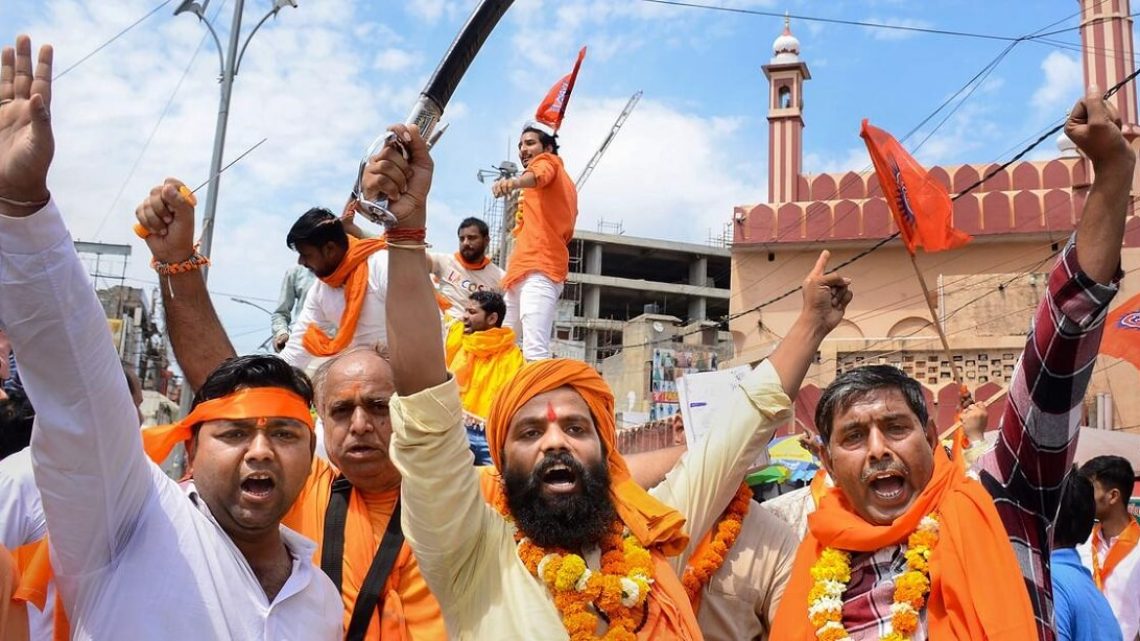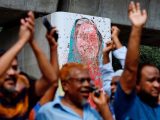
International Concerns Rise as Hindutva Ideology Sparks Violence in India and Abroad
November 7, 2024India’s current political landscape, influenced by the ruling BJP and its Hindutva ideology, is drawing significant scrutiny both domestically and internationally. Under Prime Minister Narendra Modi’s administration, the ideological stance of Hindutva—a belief in the supremacy of Hindu culture—has allegedly fostered an environment of systematic discrimination, particularly against India’s Muslim minority, and is prompting concerns of segregation, economic isolation, and escalating violence.
Within India, Muslims and other minority groups such as Christians, Dalits, and Adivasis face systemic biases across multiple sectors, especially in regions like Uttar Pradesh, Himachal Pradesh, and northeastern states. The BJP’s policies since coming to power in 2014 have spurred these discriminatory practices, often targeting interfaith relationships, religious conversions, hijab bans, and even dietary practices related to cow slaughter. These policies, critics argue, deepen societal divisions, undermine India’s secular foundation, and create a climate where minority groups feel unsafe and marginalized.
The global implications of Hindutva ideology are now being scrutinized as well. In his book Hindu Nationalism in the Indian Diaspora, Edward TG Anderson sheds light on how this ideology is being quietly introduced into Western countries. Through pamphlets, magazines, and books, often published by RSS-affiliated groups, pro-Hindutva narratives have been disseminated, potentially swaying both diaspora communities and the host country’s views on India’s domestic policies. Anderson notes that literature from the RSS and other Hindutva groups has circulated since the 1990s, indicating a long-term strategy to influence opinions on India’s policies among the global Indian diaspora.
In response, international bodies like the United Nations Human Rights Council (UNHRC) and the U.S. Commission on International Religious Freedom (USCIRF) have voiced concerns over the deteriorating human rights conditions in India. Both organizations have cited rising incidents of violence and systematic discrimination against religious minorities as alarming indicators of India’s shifting political dynamics.
Recent incidents in Canada and the U.S., where Indian diaspora groups rallied for Hindutva-aligned causes, further underscore these concerns. Critics argue that these incidents serve as a warning of how India’s domestic agenda may be influencing its diaspora, potentially affecting global perceptions and international relations.

